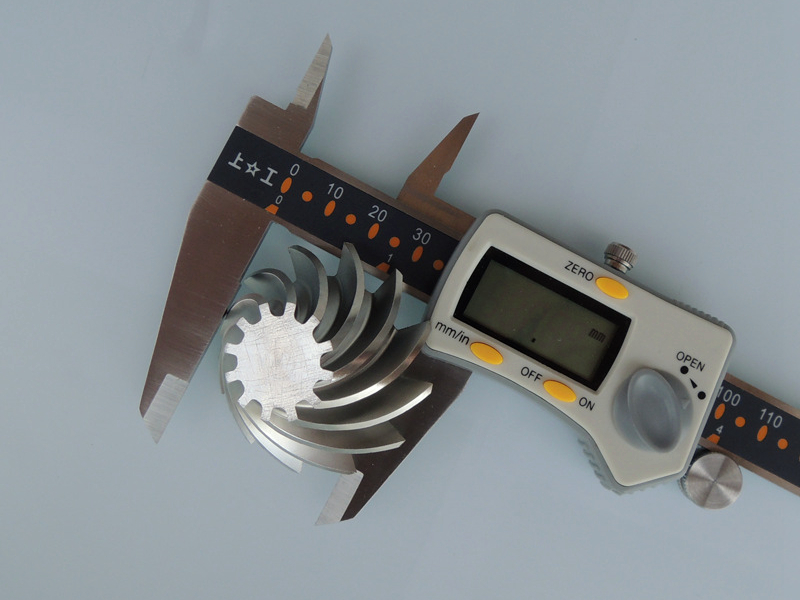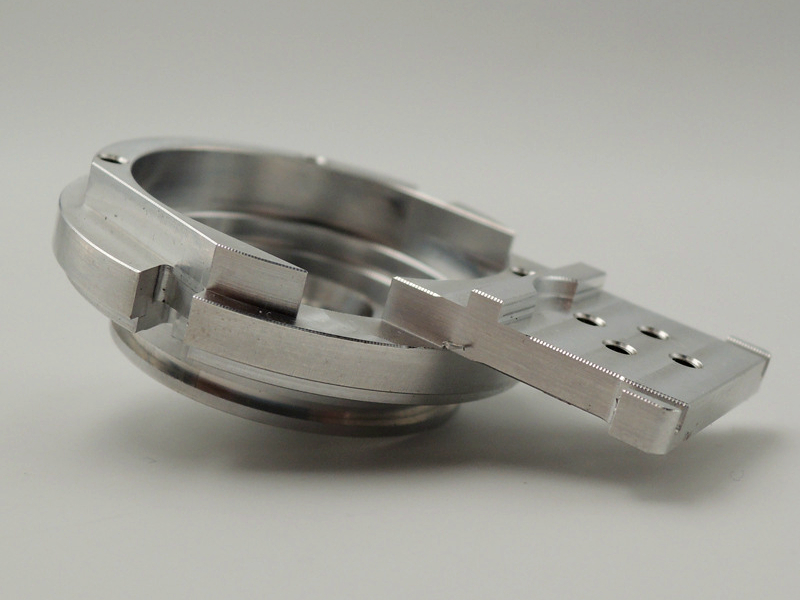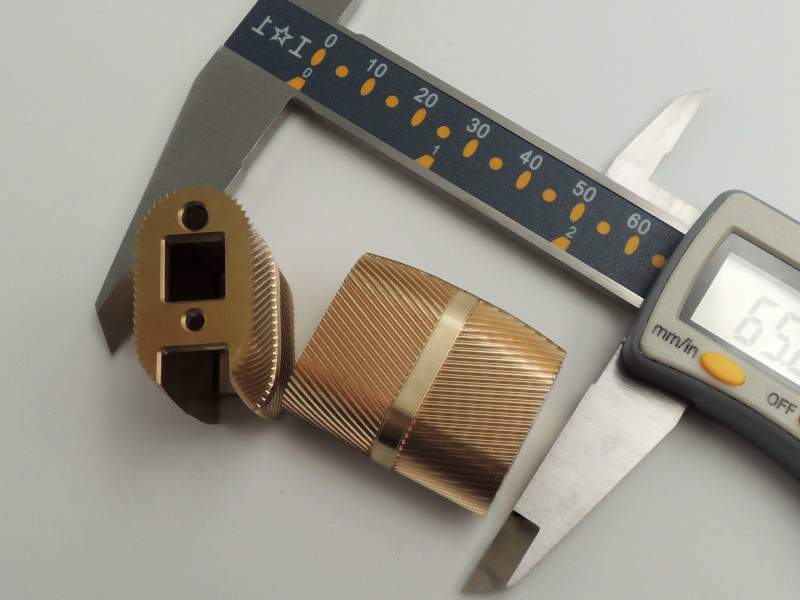How do tolerances vary between 3-axis and 5-axis milling machines?
How Do Tolerances Vary Between 3-Axis and 5-Axis Milling Machines?
Overview of Tolerance Capabilities
Both 3-axis and 5-axis CNC milling machines can achieve tight tolerances, but the way they hold and achieve precision differs due to machine kinematics, setup requirements, and the number of operations involved. In general, 5-axis machining enables better consistency and accuracy for complex geometries because it allows all features to be milled in one setup, minimizing cumulative error.
Tolerance Differences by Machine Type
Machine Type | Typical Tolerance Range | Best Achievable Tolerance | Setup Count | Risk of Alignment Error |
|---|---|---|---|---|
3-Axis | ±0.05 mm – ±0.02 mm | ±0.01 mm | Multiple | Higher |
5-Axis | ±0.02 mm – ±0.01 mm | ±0.005 mm (with calibration) | Single | Very Low |
Why 5-Axis Can Hold Tighter Tolerances More Reliably
Single Setup Advantage: With 5-axis, all critical faces and angles are machined without repositioning the part. This avoids the misalignment that often arises in multi-setup 3-axis processes.
Improved Tool Access: Complex angles and undercuts can be reached directly, avoiding the need for creative fixture setups or secondary operations.
Less Fixture Dependence: 5-axis machines reduce reliance on precision workholding because positioning is handled through simultaneous axis rotation.
Machine Calibration: 5-axis machines typically have integrated probing systems and dynamic calibration features to maintain micrometer-level accuracy.
When 3-Axis Tolerances Are Sufficient
For parts with simple geometries or features on one or two planes, 3-axis machining can meet tolerances of ±0.05 mm or tighter with proper fixturing and precision machining. However, for parts requiring tight angular relationships or multiple face alignment, 5-axis machining is the more reliable and efficient choice.
Neway’s Precision Capabilities
At Neway, we offer both high-accuracy 3-axis and advanced 5-axis CNC milling solutions. We evaluate every part's tolerance requirements, geometry, and cost constraints to choose the best manufacturing route—achieving ±0.01 mm tolerances consistently, and as fine as ±0.005 mm in critical applications.
Explore our services:



